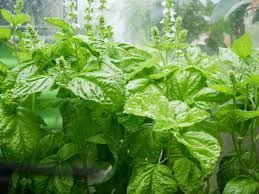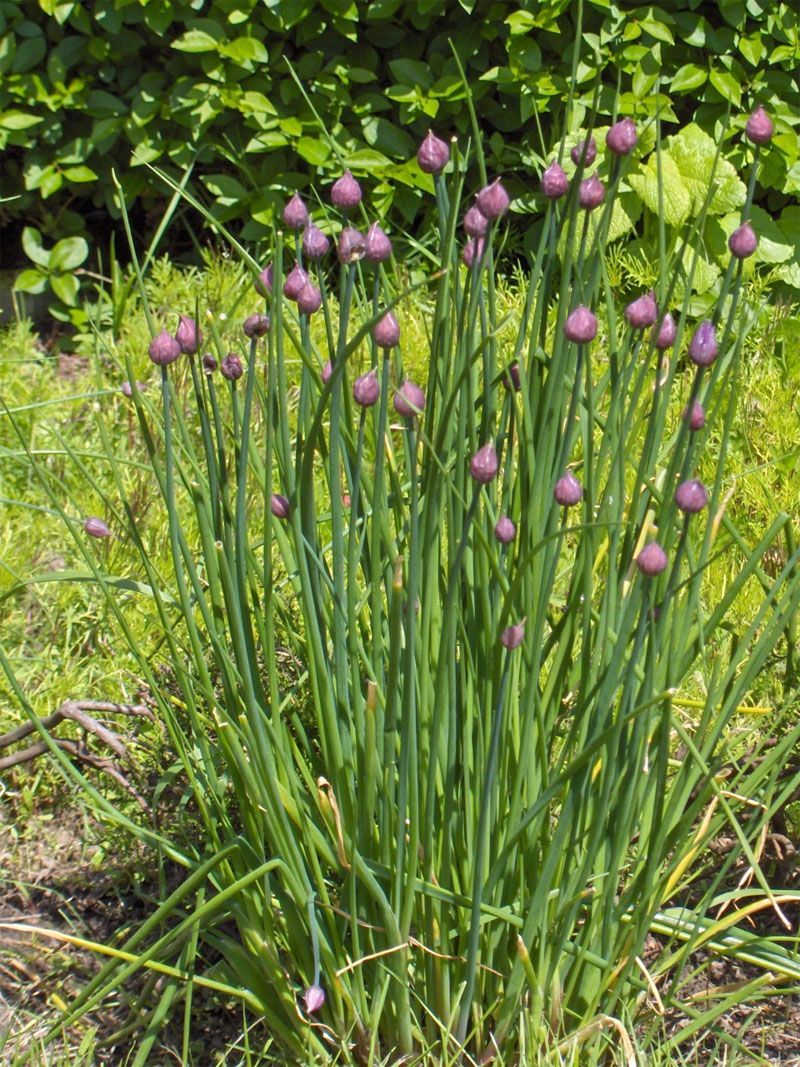GUIDE to GREEK HERBS
The Magic of Greek Herbs
Greece, a country steeped in history and tradition, is known for its rich flora and herbs with ancient healing properties. Greek herbs were praised for their therapeutic value by Hippocrates, the father of medicine. Today, they are appreciated worldwide for their unique aroma, versatility in cuisine and natural healing powers. Here are some categories of Greek herbs, categorized according to their purpose and use.
Greek herbs can be used as tea, spices or in aromatherapy. Their powerful effect and delicious taste make them indispensable in every household. Enjoy nature on your plate or in your cup every day and discover the rich traditions and healing powers of Greek herbs. As the Greeks say: "Pan metron ariston" - Everything in moderation is perfect.
KOULA BARYDAKIS
Koula Barydakis, cookbook author and chef, teaches us about the traditional herbs of the Mediterranean Diet and their healing properties.
THE HEALING HERBS OF CRETE
Herbs are an extremely important part of the Mediterranean Diet. In Greece, herbs grow wild pretty much everywhere. Hiking in the mountains, the smell of the wild herbs is almost intoxicating. When you see how many wild herbs there are, it’s not a surprise that the people from this area of the world have been using herbs in their cooking for thousands of years. Besides growing wild, people in the Mediterranean have potted herbs in their house and balconies. This makes it easy to quickly pick fresh healing herbs and incorporate them into your recipes. Depending on where you live you can easily grow fresh herbs used in Mediterranean cooking. Just simply picking some basil and mint, and adding them to a salad adds amazing freshness, flavor, and health benefits. Not only is it nice to have fresh herbs available during the warmer months, you can easily dry them to use in the winter. For example, at my house we dry mint and rosemary to use in a plethora of Mediterranean recipes during the winter. If you’re trying to eat the Mediterranean diet and you’ve never grown fresh herbs before, you’ll be amazed at how having some fresh herbs to pick will enhance your Mediterranean salads and cooking all year long.
Koula Barydakis

Basil
Latin name and other names
Basil is known by its Latin name: Ocimum basilicum. This versatile herb has different names worldwide:
- Engels: Basil
- English: Basil
- German: Basil
- Greek: Basil (Vasilikós)
- Italian:Basilico
- Chinese: Basil
- Rayhan (Raiḥān)
The origin of the name “basil” lies in the Greek word “βασιλεύς” (basileus), which means “king”. This emphasizes the appreciation for the herb since ancient times.
Origin and current cultivation
Basil originated in tropical Asia, particularly India, and has a long history in South Asian culture. Through trade and dispersal, it reached the Mediterranean and became an essential ingredient in many cuisines.
Today basil is grown worldwide. The main growing areas are:
- Europe: Italy, France, and Spain.
- Africa: Egypt and Morocco.
- Asia: India, Thailand and Vietnam.
- America: United States and Mexico.
Basil grows best in warmer climates, but it can also be grown in greenhouses or as a potted plant in colder regions.
Relationship with Greece and Greek cuisine
Basil has a special connection with Greece. The Greek name "Βασιλικός" literally means "royal herb". Basil is not only valued in Greek culture for its culinary use, but also for its spirituality. According to legend, the herb grew near the tomb of Christ, which gives it a sacred character.
In Greek cuisine, basil is an important ingredient. It is often used in traditional dishes such as:
- Keftedes (Greek meatballs), where it deepens the flavor.
- Fasolada (bean soup), where it adds aroma.
- Salads and marinades, especially in combination with olive oil and lemon.
Taste and use
Basil has a sweet, spicy flavour with a slightly peppery undertone. The aroma is fresh and strong, making it a popular herb in many cuisines. The Greek variety, Ocimum minimum (also called Greek basil), has a more intense flavour and smaller leaves than the classic Italian variety.
Applications in the kitchen:
- The main ingredient in pesto, along with pine nuts, garlic, Parmesan cheese and olive oil.
- Added to salads, such as caprese (with mozzarella, tomato and balsamic vinegar).
- As a topping for pizzas, such as the famous Pizza Margherita.
- In Asian cuisines, basil is used in curries, stir-fries and soups.
- In Mediterranean stews and sauces.
Medicinal Uses: Basil has been used for centuries for its health benefits. It has anti-inflammatory, antioxidant, and antibacterial properties. It helps with digestive issues and is often used in herbal teas to reduce stress.
Non-culinary uses: In some cultures, basil is used as an ornamental plant for its symbolism of good luck and protection.
Helpful tip
Basil loses its flavor and aroma when exposed to high temperatures. Always add it to hot dishes at the last minute to preserve its full flavor. Want to keep basil fresh? Store the stems in a glass of water, as if they were flowers, and cover loosely with a plastic bag.
With its rich history, unique flavor, and versatility, basil is an herb that deserves a place of honor in any kitchen!

Chives
Latin name and other names
The Latin name for chives is Allium schoenoprasum. It belongs to the allium family (Alliaceae) and is closely related to onions, garlic and leeks. This versatile herb has several names in other languages:
- Engels: Chives
- English: Chives
- German: Chives
- Greek: Chives (Schoinópraso)
- Italian:Erba cipollina
- Chinese: leek
- Chives (Al-Thūm Al-Maʿmur)
Origin and distribution
Chives are one of the oldest cultivated herbs and are native to the temperate regions of Europe, Asia and North America. They were used in Europe as early as the Middle Ages, both culinary and medicinal. Chives grow naturally in mountainous areas, grasslands and riverbanks.
Today, chives are cultivated worldwide, especially in:
- Europe: Netherlands, Germany, France and Scandinavia.
- Asia: China, Japan and India.
- North America: United States and Canada.
It grows well in temperate climates and is a favorite in herb gardens because of its ease of cultivation and versatility.
Relationship with Greece and Greek cuisine
Although chives are not traditionally a common plant in traditional Greek cuisine, they have found a subtle place in modern Greek dishes, especially through the influence of international cuisine. In Greece, they are sometimes used as a mild alternative to onion or garlic in light salads, fish dishes or egg dishes, such as strapatsada (scrambled eggs with tomatoes). They are appreciated for their delicate flavour that is not overpowering.
The name “Schoinópraso” in Greek literally means “grassy leek,” referring to the thin, grassy leaves.
Taste and use
Chives have a mild, oniony flavour with a hint of garlic. They are more delicate and softer than regular onions, adding a subtle depth to dishes.
Culinary use:
- Fresh garnish: The finely chopped stems are often sprinkled over salads, soups, eggs, potatoes or cream cheese.
- Ingredient in sauces: Chives are often used in dressings, such as vinaigrette, or in herb butter.
- Aromatic addition: It is a classic component of the French herb mix "fines herbes", together with parsley, tarragon and chervil.
- With meat or fish: Chives are used to enhance the flavour of light meat or fish dishes without overpowering them.
- With dairy: It goes perfectly with soft cheeses, sour cream and yogurt.
Medicinal Uses: Chives are rich in vitamins C, A, and K, as well as antioxidants. They are traditionally used to aid digestion and strengthen the immune system.
Cultivation and maintenance
Chives are a perennial plant and grow easily in temperate climates. They can be grown both in the ground and in pots. The plant thrives in well-drained, fertile soil and needs plenty of sunlight.
Helpful tip
To keep chives fresh, trim the stems and place them in a glass of water. If you have a lot of chives, you can freeze them: chop them finely and freeze them in portions in an airtight container. Frozen chives retain their flavor and are perfect for hot dishes.
With its mild taste, easy cultivation and wide applicability, chives are an indispensable herb in the kitchen!

